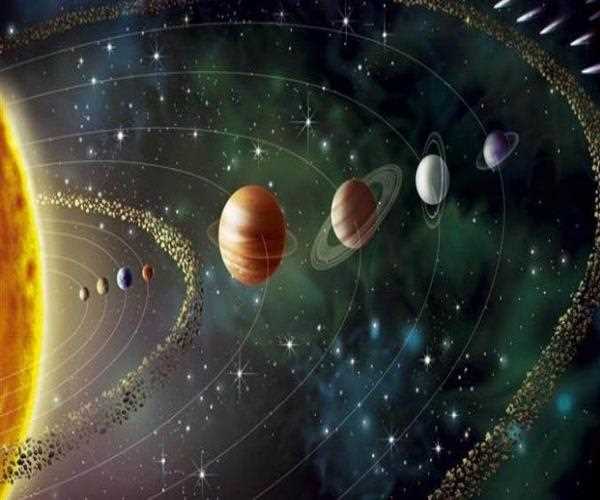
What is a planet?
The planet is a body in space which can be said as the astronomical body which always situated in the orbit of any star or any
stellar remnant that is big enough to be bounded by its gravity so that the planet can’t escape from the holding of the star. The size should not be too more so that it converts to thermonuclear fusion. In ancient times the planet was treated as the deities of the god and was defined as their way nut, 2006 the
international Astronomical Unit (IAU)
adopted a resolution defining the planet with the solar system, and later on, it was also criticized by many agencies because it excludes many of the space objects.
In the solar system, Mercury is the smallest planet and also closest to the Sun. it takes around 87.97 earth days to complete its orbit of Sun and also this is the closest among all the eight planets. It is named in the name of the messenger of God.
Mercury has the smallest tilt of any of the solar system planets (about 1/30 degree). The radius of this
planet is 2,439.7 Km and it consists of about 70% of metallic and 30% silicate material.
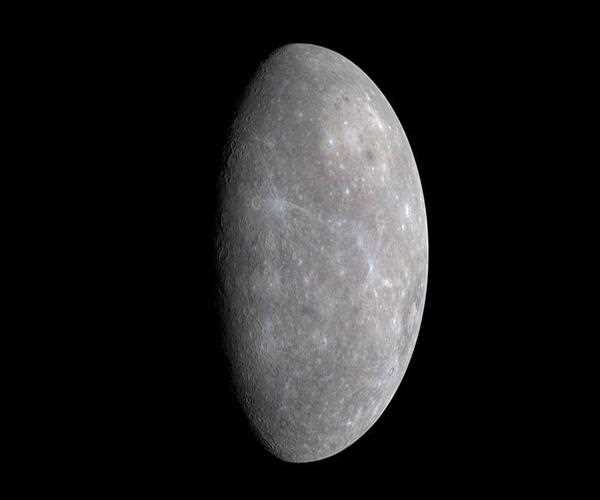
As we move to the closest distance from the Sun we observe that it is the
second closest planet from the Sun and it is also the brightest planet in the earth’s sky night atmosphere except for the Moon. It is
named in the name of the Roman Goddess of beauty and love.
Venus completes the orbit of the Sun in 224.7 earth days. It is a terrestrial planet and sometimes it is called the
earth’s sister due to its small size.
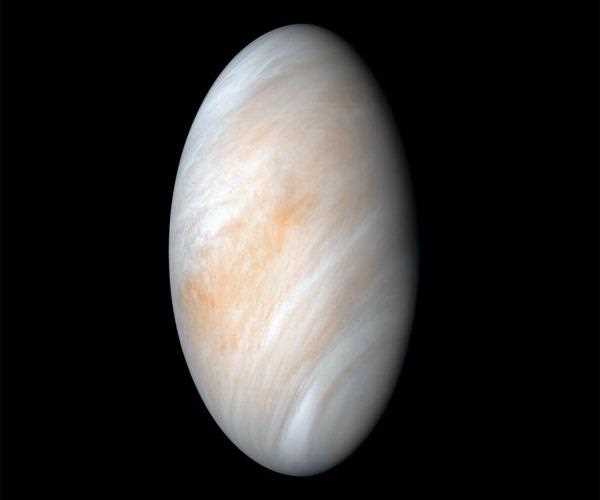
Earth
This is the third planet in the line of the closest to the Sun and it is the fifth-largest planet in the
solar system. It has a radius of about
6, 371 Km. the earth is exactly 1 Astronomical unit from the Sun because the distance from the Sun to earth is called
one Astronomical unit.
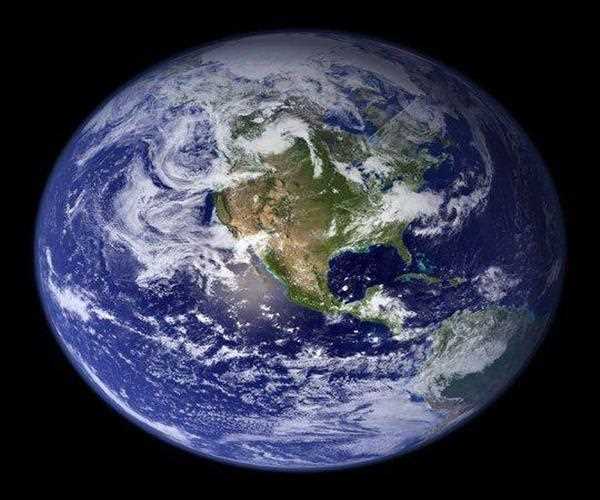
Mars
Mars is the fourth planet in the distance from the Sun and the second-smallest planet
in the Solar system. It is only bigger than the mercury and the name from which it is
derived is the name of Romans God.
This is also known as the Red Planet in the Solar system.
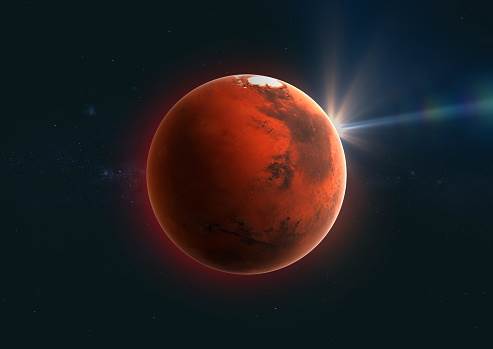
It is the largest planet on the Solar system and the fifth planet in distance from the Sun. Jupiter is the third brightest planet in the earth’s night sky. It is named in the name of the Roman God Jupiter due to its giant size.
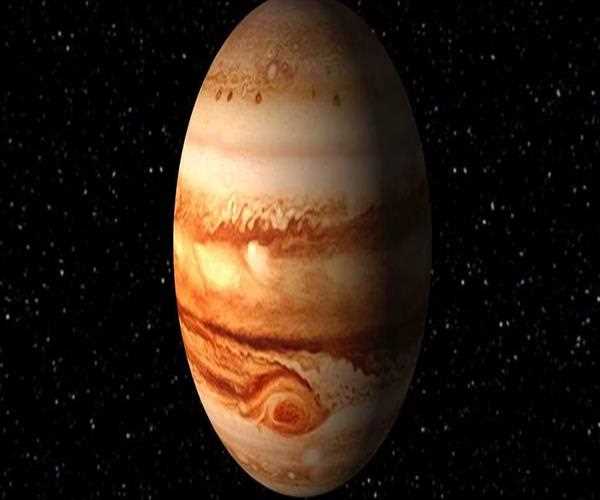
Saturn
Saturn is the second-largest planet in the solar system and the sixth planet in distance from the Sun having a
radius of about nine and a half times from the distance of earth. It is
named in the name of the Roman god name of Wealth and agriculture. The Romans named the seventh day on the name of this planet.
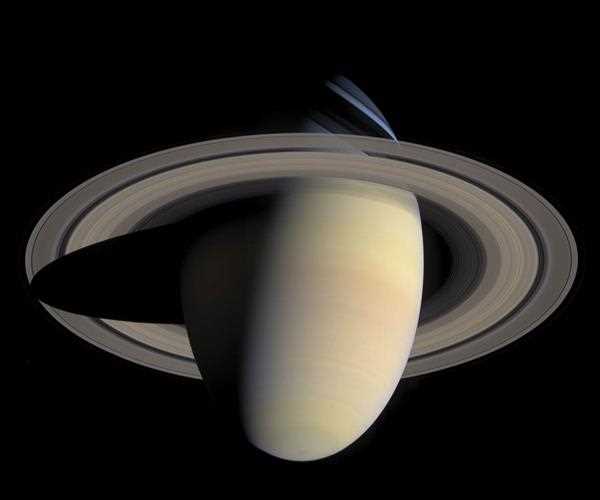
It is the seventh planet in the distance from the Sun and named in the name of the Greek god of the Sky. It is the third-largest planetary in radius
and the fourth largest planetary in mass. The atmosphere composition is similar to Jupiter’s and Saturn’s and has hydrogen and helium in its atmosphere.
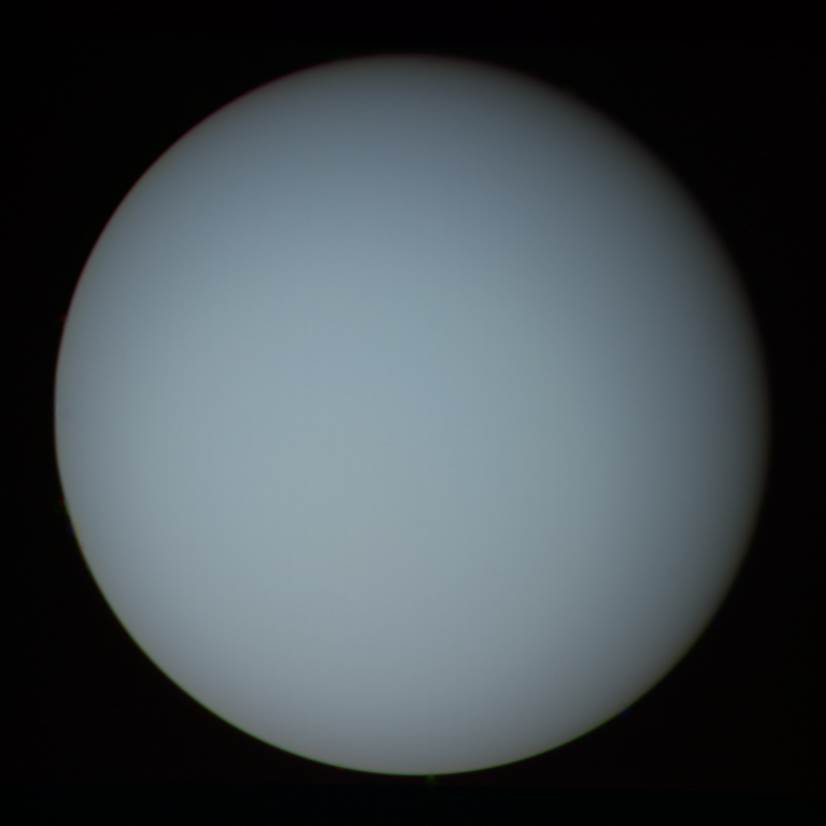
Neptune
It is the farthest known planet from the Sun and also the eighth planet in the solar system. It is the
fourth-largest planet in diameter and the third-largest planet in the mass in the solar system.
The name of this planet is named after the name of the
Roman God of the Sea.it is not visible from the eyes and not founded by the imperial observations and Practical. but with the help of mathematical formulas.
In our solar system, many other small space objects are present due to which sometimes the distance between all changes according to the changes in them.
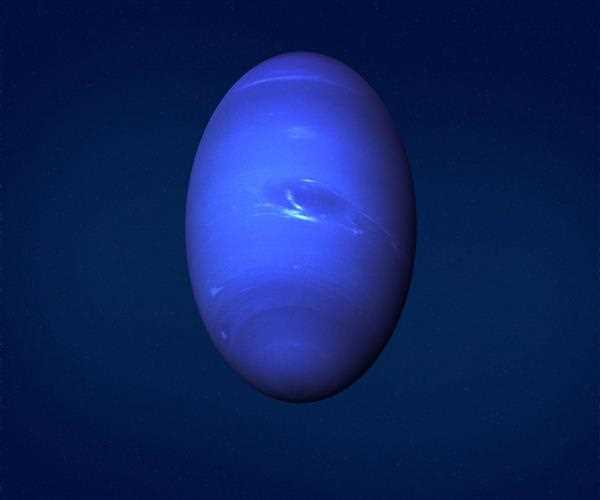
Read More